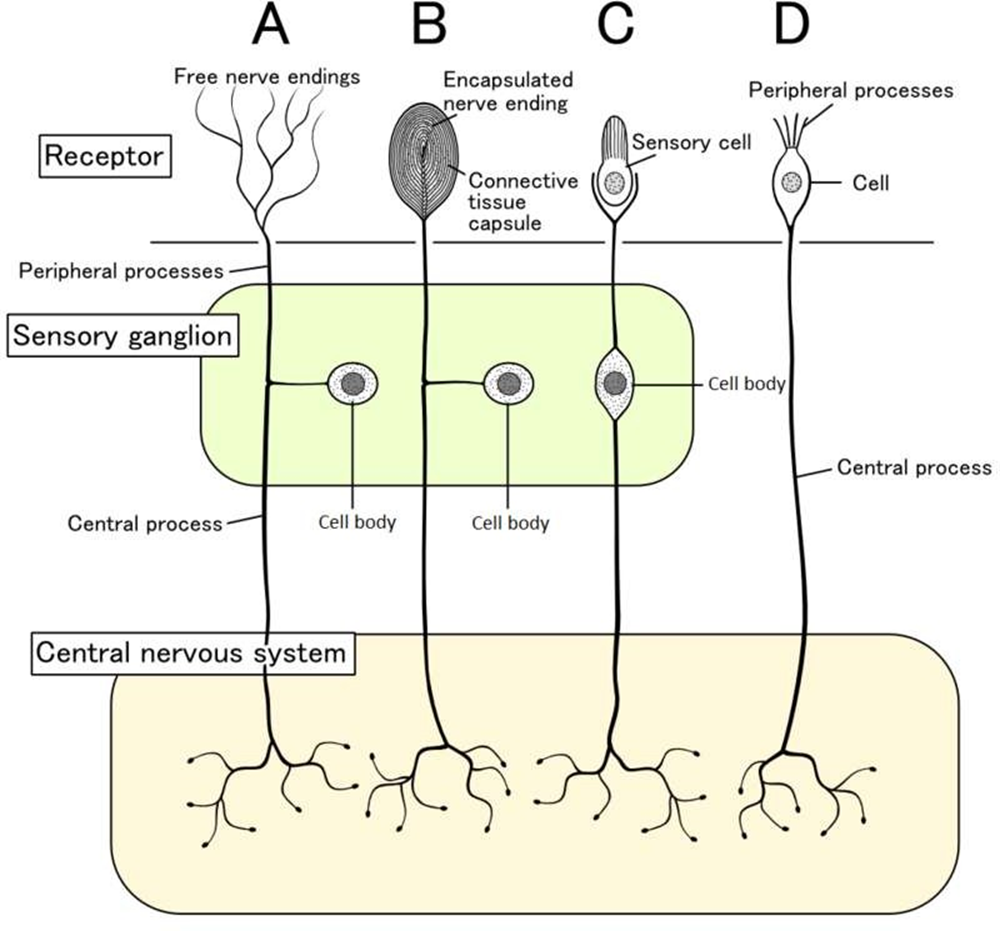A nurse is caring for a patient receiving IV therapy in the left forearm and notices that the site is red, swollen, and warm.
What action should the nurse take first?
Elevate the extremity.
Discontinue the existing IV infusion.
Apply warm, moist compresses to the site.
Insert an IV catheter in the opposite extremity.
The Correct Answer is B
Choice B rationale:
Phlebitis is the inflammation of a vein, often caused by an IV catheter. It's characterized by redness, swelling, warmth, and pain along the vein.
Promptly discontinuing the IV infusion is crucial to prevent further irritation and potential complications such as: Thrombophlebitis (inflammation with clot formation)
Infection
Infiltration (leakage of fluids into surrounding tissues) Extravasation (leakage of vesicant or damaging medications)
Continuing the infusion could exacerbate the inflammation and increase the risk of these complications.
Choice A rationale:
Elevation of the extremity can help reduce swelling, but it does not address the underlying inflammation. It's often used as an adjunct measure after discontinuing the IV.
Choice C rationale:
Warm, moist compresses can provide some comfort and potentially promote blood flow, but they are not recommended as a first-line treatment for phlebitis. They may even worsen inflammation in some cases.
Choice D rationale:
Inserting an IV catheter in the opposite extremity is necessary if the patient still requires IV therapy, but it should not be done before addressing the phlebitis in the current site. This could lead to multiple sites of inflammation and increased risk of complications.
Nursing Test Bank
Naxlex Comprehensive Predictor Exams
Related Questions
Correct Answer is C
Explanation
Rationale for Choice A:
Refer Questions to the Nursing Supervisor:
While it's essential to involve the nursing supervisor in situations that require their expertise or authority, it's not always necessary for basic inquiries about a patient's presence on the unit.
Disadvantages of referring calls to the nursing supervisor in this scenario:
It could delay the dissemination of essential information to concerned colleagues.
It could increase the workload of the nursing supervisor, potentially diverting their attention from more critical tasks. It could create a perception of a lack of transparency or openness among staff members.
Rationale for Choice B:
Transfer calls directly to the patient’s room:
Transferring calls directly to a patient's room without their consent breaches their privacy and confidentiality. It could also place undue stress on the patient, especially if they are not prepared to receive calls or discuss their health status.
Disadvantages of transferring calls directly to the patient’s room:
It violates the patient's right to privacy and confidentiality. It could disrupt the patient's rest and recovery.
It could place the patient in an uncomfortable position of having to answer questions about their health when they may not feel ready to do so.
Rationale for Choice C:
Acknowledge that the person is a patient on the unit, but give no specific details about the patient’s condition:
This approach strikes a balance between protecting the patient's privacy and providing necessary information to concerned colleagues. It verifies the patient's presence on the unit without disclosing any sensitive details about their health, thus adhering to ethical and legal guidelines.
Advantages of acknowledging the patient’s presence without providing details:
Respects the patient's right to privacy and confidentiality. Aligns with ethical and legal principles of healthcare.
Provides basic information to concerned colleagues without compromising patient information. Helps to establish trust and transparency among staff members.
Rationale for Choice D:
Contact the patient’s provider:
Contacting the patient's provider for every inquiry about the patient's presence is not practical or efficient. It could overburden the provider and delay the relay of information to concerned colleagues.
Correct Answer is B
Explanation
Choice A rationale:
The spinal cord plays a crucial role in pain transmission, but it does not initiate the afferent pathways. It receives pain signals from nociceptors and relays them to the brain for processing.
The spinal cord is also involved in pain modulation, as it can dampen or amplify pain signals depending on various factors. However, it is not the primary trigger for pain sensation. That role belongs to nociceptors.
Choice B rationale:
Nociceptors are specialized sensory receptors that detect potentially damaging stimuli, such as intense heat, pressure, or chemical irritants.
They are located throughout the body, including the skin, muscles, joints, and internal organs.
When nociceptors are activated, they generate electrical signals that travel along nerve fibers to the spinal cord and brain. This process initiates the afferent pathways, which ultimately lead to the conscious perception of pain.
Nociceptors are essential for protecting the body from harm. They alert us to potential dangers and trigger responses that help us avoid injury or further damage.

Choice C rationale:
Endorphins are natural pain-relieving substances produced by the body. They act on receptors in the brain and spinal cord to reduce pain perception.
However, endorphins do not trigger the afferent pathways. They work by modulating pain signals that have already been initiated by nociceptors.
Choice D rationale:
The cortex is the outer layer of the brain that is responsible for higher-level functions, such as thinking, feeling, and decision- making.
It plays a role in the conscious experience of pain, but it does not trigger the afferent pathways.
The cortex receives pain signals from the spinal cord and processes them, leading to the awareness of pain.
Whether you are a student looking to ace your exams or a practicing nurse seeking to enhance your expertise , our nursing education contents will empower you with the confidence and competence to make a difference in the lives of patients and become a respected leader in the healthcare field.
Visit Naxlex, invest in your future and unlock endless possibilities with our unparalleled nursing education contents today
Report Wrong Answer on the Current Question
Do you disagree with the answer? If yes, what is your expected answer? Explain.
Kindly be descriptive with the issue you are facing.
